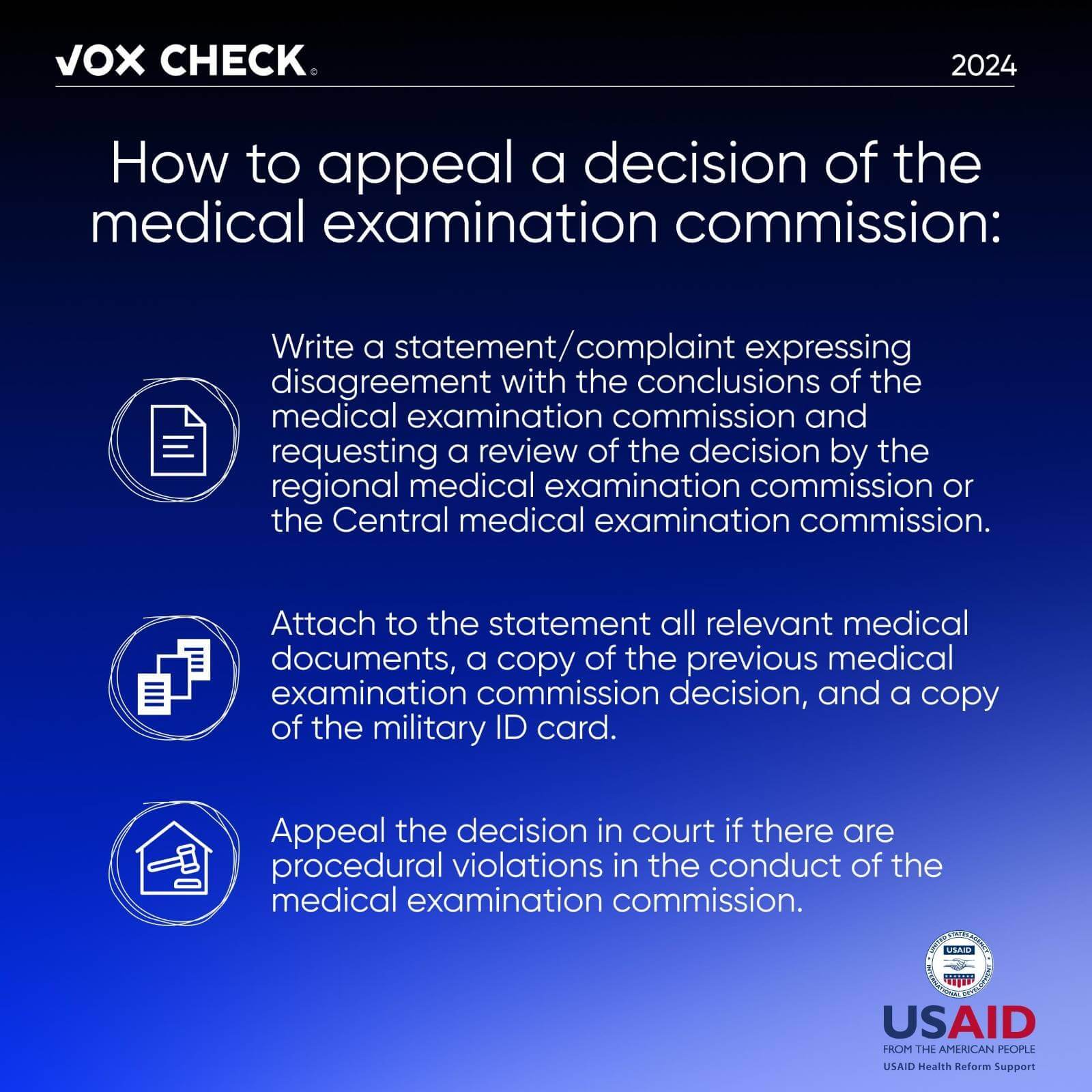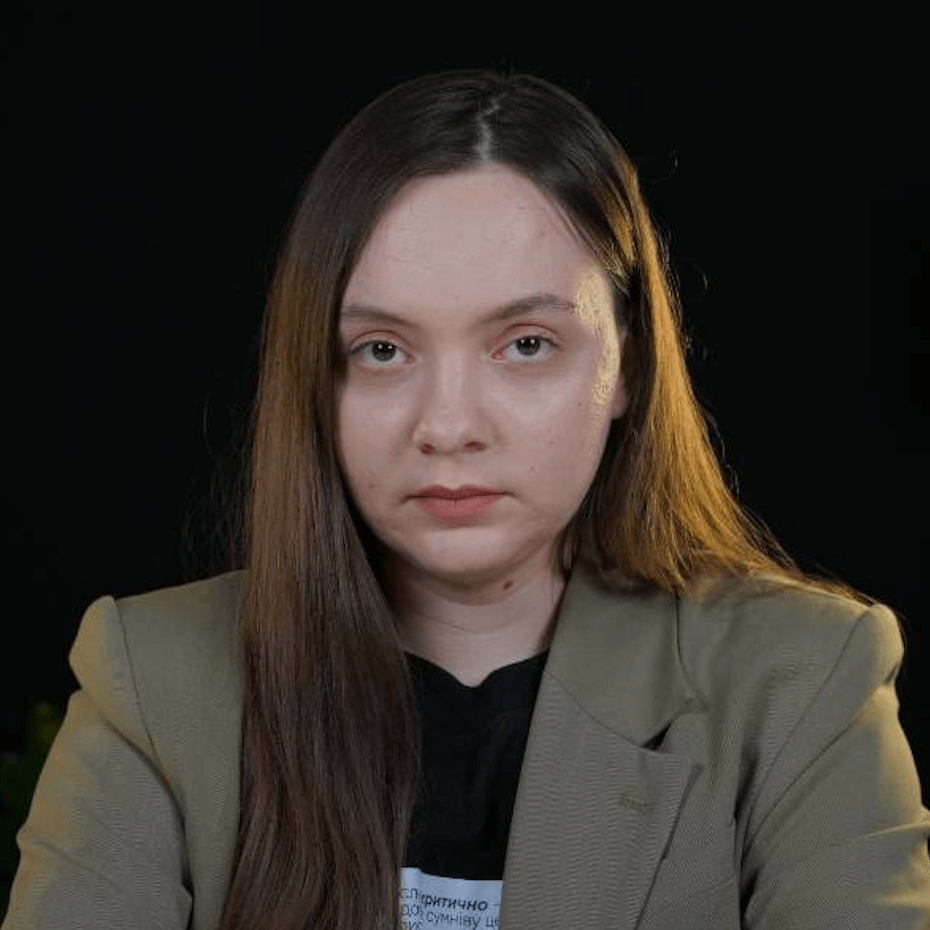Twisting and taking out of context are typical tools of propagandists. In early January, the Minister of Health of Ukraine, Viktor Liashko, announced organizational changes aimed at preventing corruption. However, it is more about avoiding queues and improving conditions for military conscripts during their medical examination for military service. This does not indicate any “massive demand for bribes.”
With the support of the USAID Health Reform Support project, VoxCheck analyzes and refutes public health narratives spread in the information space of Ukraine, Belarus, and russia on a weekly basis.
Information is being spread online alleging that Ukrainian doctors are demanding bribes from conscripts for recording illnesses at military medical commissions. This was supposedly stated by the head of the Ministry of Health of Ukraine, Viktor Liashko.
Screenshot of the post
What’s the reality?
Minister of Health of Ukraine Viktor Liashko did not say such things. The post illustrates a frame from an interview with the minister on the YouTube channel “We — Ukraine” dated June 29, 2023. The interview concerned radiation protection, the current situation in the flooded areas after the explosion of the Kakhovka Hydroelectric Power Station, and the work of the medical system: vaccination, the third stage of medical reform, the “Affordable Medicines” program, and so on. There was no mention of the work of military medical commissions.
On March 4, 2024, Liashko announced that an inspection of military medical commissions in Kyiv was starting. “This decision was prompted by an increase in the number of complaints we have received recently. The main ones relate to very basic things that can be promptly corrected if desired. This includes failure to adhere to the electronic queue, lack of basic conditions for comfortable passage of the military medical commissions, and non-optimized routes,” the minister specified. He also noted that the corruption component is not being ignored but did not provide quantitative assessments and did not call corruption “massive.”
Furthermore, on January 10, 2024, the minister visited Ternopil Oblast, where he presented the creation of “Excellence Centers” that will train rehabilitation specialists. The head of the ministry also answered journalists’ questions, including those regarding corruption during military medical examinations. There was no mention of any mass occurrence of corrupt cases.
Instead, Viktor Liashko announced a change in approach to conducting commissions to optimize the procedure and prevent corruption. Specifically, a separate package has been developed within the Medical Guarantees Program, which allows for each Territorial Center of Recruitment and Social Protection to be affiliated with a specific healthcare facility. This way, all visits are recorded in the Electronic Healthcare System, which is intended to reduce corruption risks during medical examinations.
If there is suspicion of a violation, for example, if a conscript undergoes a medical examination for more than 4 days, the data is additionally transmitted to the departments of health. They work with the heads of the medical examination commissions for a specific institution. To counter corruption during the medical examination process, the Ministry of Health of Ukraine collaborates with law enforcement agencies.
Source: Ministry of Health of Ukraine
So, the problem of corruption does exist, but there is no way to assess how widespread it is. Currently, the Ministry of Health of Ukraine is focused on organizational issues that can be addressed fairly quickly to ensure a clear process for undergoing medical examinations. According to the minister, each complaint received via the hotline of the Ministry of Health and the National Health Service of Ukraine regarding the quality of medical examinations will be investigated in more detail. “We have the ability and expertise to verify what is happening in each commission. Based on the results, we will make management decisions,” emphasized the minister on March 6 during the “Unified News” telethon.
This information piece was produced with the assistance of the United States Agency for International Development (USAID), provided on behalf of the people of the United States of America. This article’s content, which does not necessarily reflect the views of USAID, the United States Government, is the sole responsibility of Deloitte Consulting under contract #72012118C00001.
Attention
The author doesn`t work for, consult to, own shares in or receive funding from any company or organization that would benefit from this article, and have no relevant affiliations





